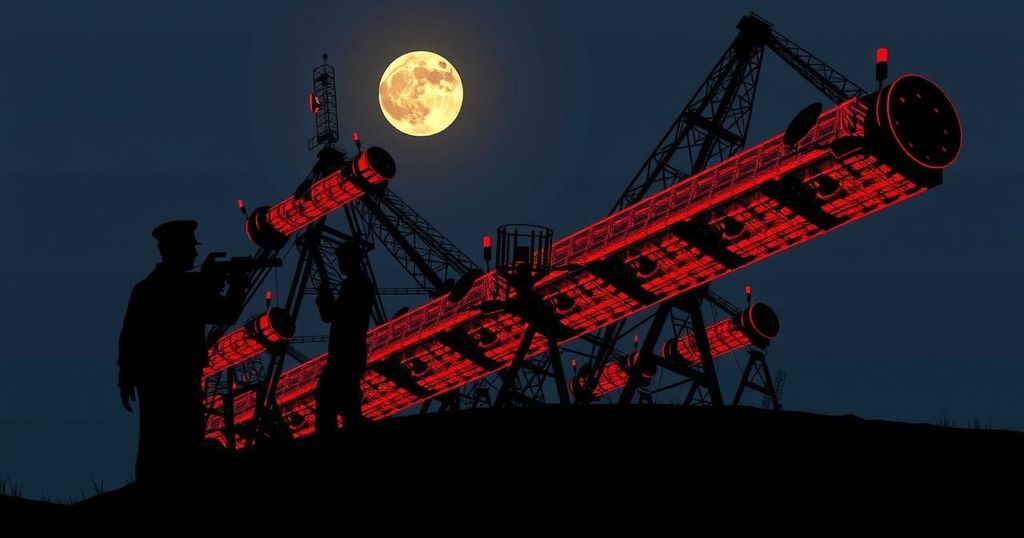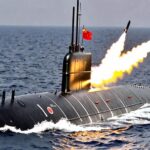North Korea Challenges China’s Telecommunications Plans Near Border, Signaling Diplomatic Strains
In an unusual development in Sino-North Korean relations, North Korea has formally objected to China’s initiative to establish telecommunications infrastructure along their shared border. This objection was articulated in a recent correspondence addressed to the International Telecommunication Union (ITU), highlighting concerns pertaining to the lack of prior consultation by China regarding the project.
The communiqué, which was disclosed by Kyodo News, indicates a potential strain in the traditionally close economic relationship between North Korea and China. The discord emerged following the ITU’s dissemination of information earlier this year concerning terrestrial communication networks, including China’s proposal to erect 191 facilities designed for various purposes, including FM radio broadcasting.
Notably, this year commemorates the 75th anniversary of diplomatic relations between North Korea and its principal economic ally, China. However, recent actions by North Korea suggest a pivot towards strengthening ties with Russia, particularly in defense, marked by a strategic partnership treaty signed in June between Kim Jong Un and President Vladimir Putin—a development perceived as troubling by Beijing, according to diplomatic sources.
In its email dated July 24, North Korea specifically expressed its objections regarding the registration of certain FM radio stations, emphasizing that 17 of the proposed stations, including those located in Dandong (a border city in northeastern China), could potentially cause significant interference. The North Korean government asserted that China did not seek “advance coordination” prior to this initiative, characterizing the move as an infringement upon ITU guidelines and a bilateral accord established in 1981, the particulars of which remain undisclosed.
Atsuhito Isozaki, an esteemed scholar of North Korean politics, remarked on the rarity of such open confrontations being reported, suggesting that these developments may reflect a deteriorating state of diplomatic relations. Furthermore, he noted that the Rodong Sinmun, the official newspaper of the Workers’ Party of Korea, has not mentioned Chinese President Xi Jinping or acknowledged the significance of the 75th anniversary in several months, indicating that the current dynamic between the two nations is less than “normal.”
In light of these tensions, defense ministers from Japan, the United States, and South Korea expressed serious apprehensions regarding the burgeoning military and economic collaboration between Pyongyang and Moscow, underscoring the need for vigilance in the region. Thus, the recent objection by North Korea marks a notable incident in the complex interplay of relationships in East Asia, warranting attention from global observers.








Post Comment